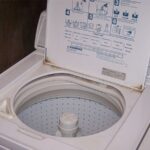1. Toilet Brush: 6 Months
Toilet brushes should be cleaned regularly and replaced at least every six months. Wooden-handled brushes can last a little longer, but it’s important to replace them frequently.
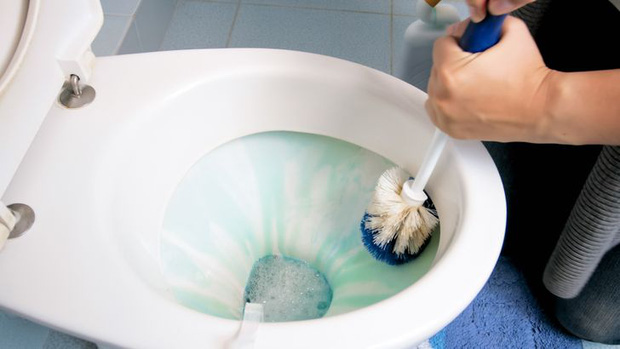
2. Mattress: 8-10 Years
While it depends on the type and quality of your mattress, the general rule is to buy a new one after about eight to ten years. You should also consider other factors, such as noisy springs and morning stiffness, to determine if your current mattress needs replacing.
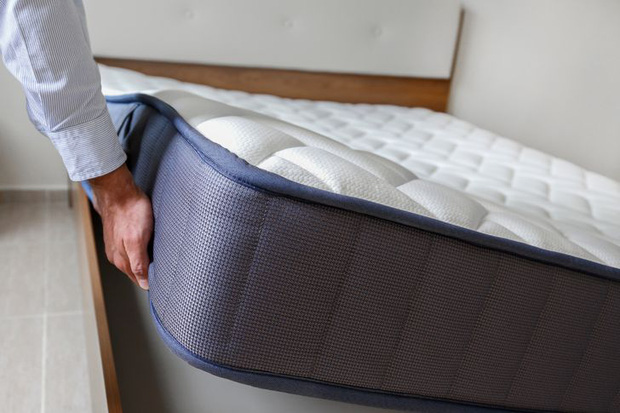
3. Shower Filter: 2-6 Months
Depending on how often you shower, the type of filter you use, and the number of people using the same shower, the answer to how often you should replace your shower filter will vary. However, generally, you should replace it at least every six months.
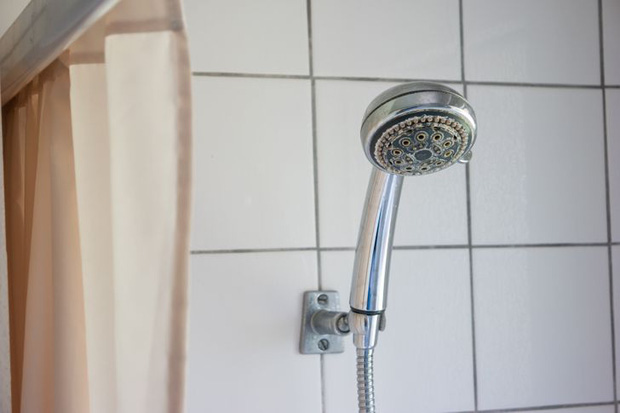
4. Washing Machine: 10 Years
On average, a washing machine can be used up to ten years. But it depends on how often you use it daily and the load per use.

5. Bath Mat: 2 Years
Bath mats should be washed every other week. When sharing a bathroom with others, wash it weekly. However, you must replace them every two years.
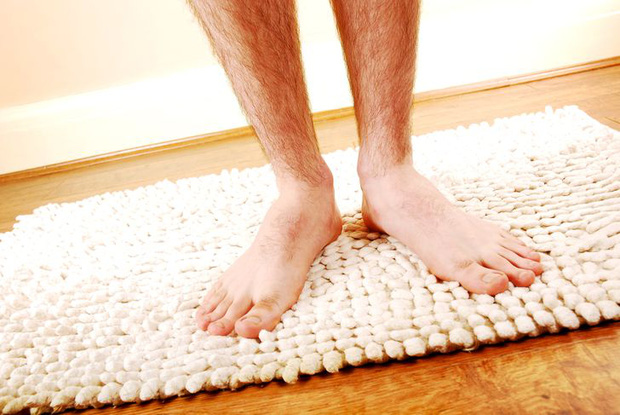
6. Dish Sponge: Weekly
If you don’t have a dishwasher, you’ll need to use a dish sponge at least three times a day. So, replace it weekly to ensure cleanliness.

7. Toaster: 6-8 Years
The average lifespan of a toaster is six to eight years, but you can extend its life by cleaning it regularly to remove leftover bread crumbs.

8. Carpet: 10 Years
Even with proper care, carpets will eventually need to be replaced. Most manufacturers estimate that you’ll need a complete replacement after about ten years.
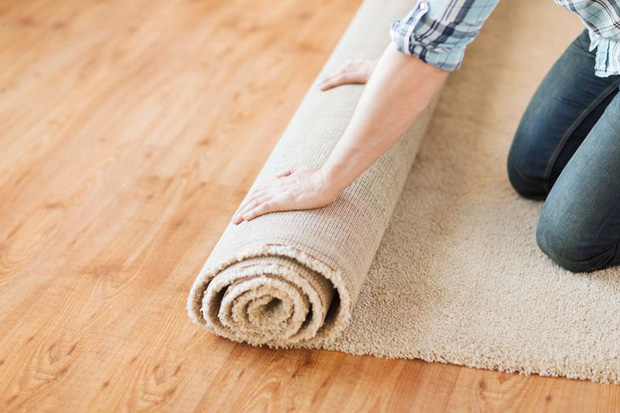
9. Dishwasher: 10 Years
You should consider retiring your dishwasher after a decade of hard work. Other reasons to change your dishwasher before ten years include poor performance and repair costs exceeding 50% of the price of a new dishwasher.
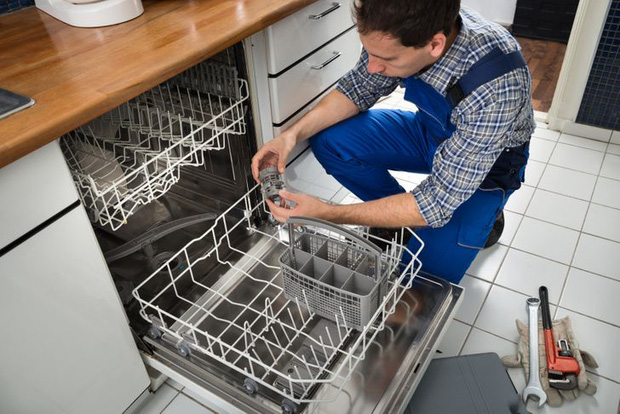
10. Refrigerator: 15 Years
If your refrigerator is less than eight years old, you may consider repairing it. But if it’s older than 15 years, it’s better to replace it.
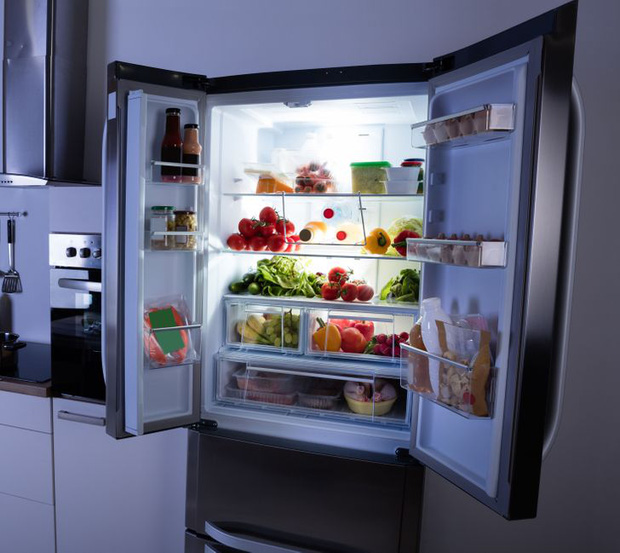
According to Trí Thức Trẻ
The Ultimate Guide to Washing Machine Cycles: Deciphering the 7kg and 10kg Conundrum for Optimal Fabric Care
It’s important to understand the meaning behind the numbers when it comes to laundry capacity. You might have seen washing machines labeled with numbers like 7kg, 8kg, or even 10kg, but what do these numbers really mean? Well, these figures represent the weight of laundry that can be comfortably accommodated in a single load. This is a crucial piece of information that not everyone is aware of, and it can make a significant difference in your laundry routine.


























